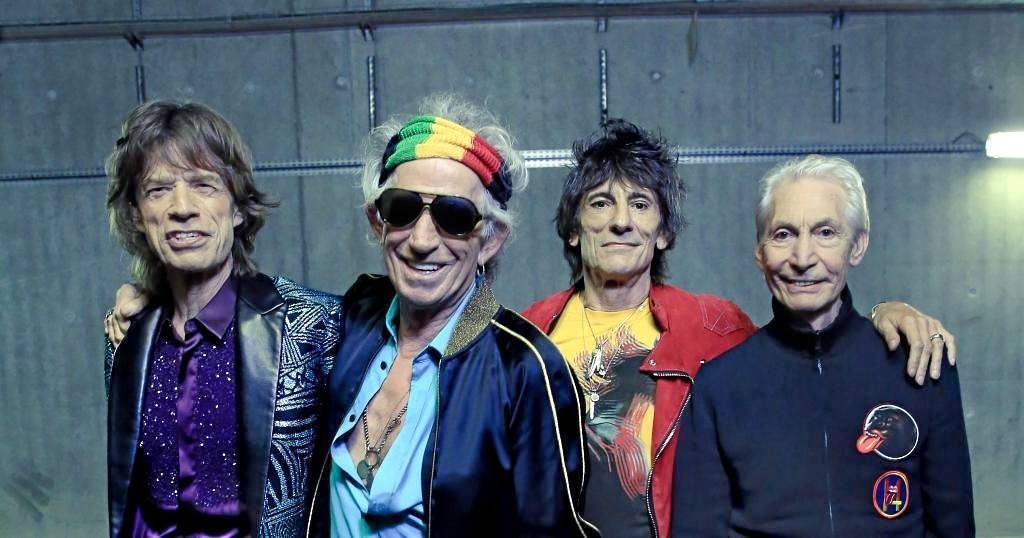
Hoy le toca el turno a nuestro profesor Miguel quien, aprovechando su afición a la música, nos hace un reflexión acerca de cómo ha cambiado la industria musical a lo largo de estos ultimos años.
It seems that the image of big Pop or Rock bands is
something that belongs to several decades ago, and that the ones that have
miraculously survived till these days make it since they are a popular product
for those who enjoyed them when this formula worked on TV and on stage.
It´s well known that, regarding music, the ´solo
artist´ and the ´band´ have been the two only ways to bring popular music to
the masses since the mid 50´s to
these days –it´s also true that nowadays we can find other ways of creating
music thanks to technology in which the artist or the performers are not
important or are even unknown-. Anyways,
we can easily check how deep the impact on society was when The Beatles or The Rolling
Stones showed up.
Times have changed and everything related to society
and culture has undeniably done it too. Few people could state against that the idea of becoming a successful individual has
increased dramatically in the last
decades. The pressure to become somebody who stands out from the rest is
something that has also arrived at music. This might be one of the reasons why
big old bands seem a concept from several decades ago in favour to the growth
of many ´names´ that top the charts
and get recognition and awards on stations, sites, and events. It may look like
a slight difference, but when these bands were leading the charts back in the day, every member could feel themselves as a
part of that team whereas nowadays nobody knows who plays the guitar, bass,
keyboards or drums for this or that artist either while recording or in live
performances.
The recognition goes to the ´solo artist´ ignoring the
rest of the people who create and play melodies or beats for them. I know this is
not a new concept as it has been going on since these huge bands I mentioned
before emerged. We might remember listening to Madonna or Prince back in
the 80´s or 90´s without knowing who the musicians or the dancers on stage
were. The difference to me is that today these solo artists don´t share the
spot with bands, it´s like many names competing against each other.
Besides, I
would like to conclude by saying that this competition has reached some aspects
that were not that important in the past. We all know that image has always
been an important feature in the music industry and companies could sell more
records or tickets if the artist was considered pretty or attractive for many
people. This could be seen as something unfair
but could also make sense in terms of strategy to sell this ´product´. The
thing is that as we all are living in a more visual world, this competition has
become way more intense. Artists spend most of their time trying to look
perfect and be in a good shape. At
the same time, artists need to think of a video for every single song they
release as this visual culture has become as important as music for the
audience. Being a fan or attending to a concert is now expected to be an
experience where music is just a part of it.
Glossary:
Masses:
(noun) A large number of people or objects crowded together.
State:
(verb) Express something definitely or clearly in speech or writing.
Dramatically:
(adverb) Greatly, by a large amount.
Charts:
(noun) A sheet of information in the form of a table, graph or diagram.
Unfair:
(adjective) not behaving according to the principles of equality and justice.
Shape: (noun)
the physical form or appearance of a particular person or thing.